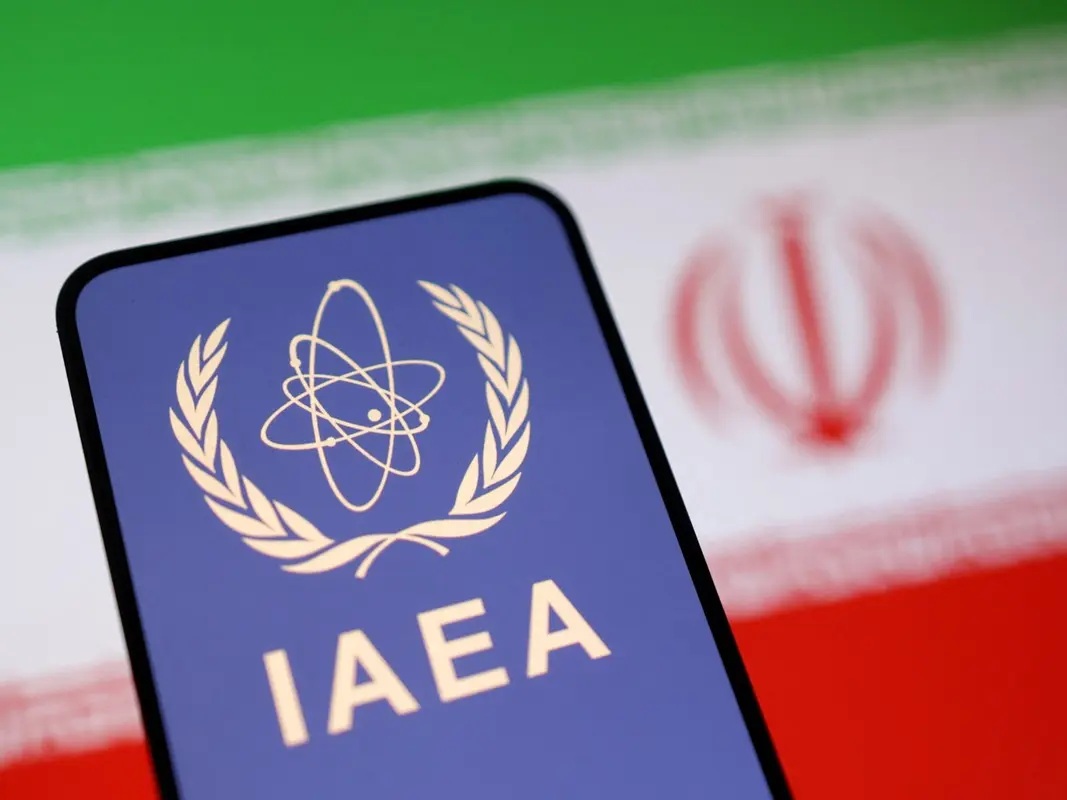A tense chapter in the standoff over Iran’s nuclear programme has taken a dramatic turn.
United Nations nuclear inspectors on Friday, July 4, 2025, left Iran, days after Tehran officially suspended its cooperation with the International Atomic Energy Agency (IAEA).
The move follows a volatile 12-day conflict involving both Israel and the United States that has left diplomatic relations frayed and international concerns heightened.
The IAEA confirmed on Friday that its staff had departed Iran and were returning to agency headquarters in Vienna, Austria.
In a statement on X (formerly Twitter), IAEA Director-General Rafael Grossi underscored “the crucial importance” of resuming dialogue with Iran.
He warned that continued disengagement could jeopardize global efforts to monitor the country’s nuclear activities.
The inspectors remained in Iran throughout the recent military escalation, which began on June 13.
That day, Israeli airstrikes hit key Iranian military installations, reportedly killing senior commanders, top nuclear scientists, and civilians.
Days later, the United States joined the conflict, launching bunker-buster bomb attacks on nuclear facilities inside Iran.
The U.S. administration claimed these strikes significantly disrupted Iran’s nuclear capabilities—a claim that remains contested by independent observers.
Iran’s response has been swift and uncompromising.
While still formally adhering to the Treaty on the Non-Proliferation of Nuclear Weapons (NPT), Iranian officials have made no secret of their deepening distrust of the IAEA.
That skepticism intensified after the agency passed a resolution on June 12, just one day before the first Israeli strikes, accusing Iran of non-compliance with its nuclear obligations.
To Iranian leadership, the timing of the resolution was more than unfortunate; it was provocative.
Critics in Tehran viewed it as tacit approval of the imminent attacks, with officials accusing the IAEA of turning a blind eye to what they labeled as acts of aggression by the U.S. and Israel.
On Wednesday, Iran’s President Masoud Pezeshkian ordered a formal severance of ties with the nuclear watchdog.
The decision followed parliamentary approval of a bill mandating the suspension of cooperation, a move subsequently endorsed by the powerful Guardian Council.
In a statement, Guardian Council spokesperson Hadi Tahan Nazif justified the decision as necessary to preserve “the national sovereignty and territorial integrity of the Islamic Republic of Iran.”
According to Iranian state media, the bill stipulates that the suspension will remain in force until specific conditions are met.
The conditions include guarantees for the security of Iran’s nuclear facilities and the safety of its scientists.
The international response was swift and critical.
U.S. State Department spokesperson Tammy Bruce condemned Tehran’s actions as “unacceptable.”
Bruce urged the Iranian government to “reverse course and choose a path of peace and prosperity.”
She reiterated Washington’s long-standing stance: “Iran cannot and will not have a nuclear weapon.”
Yet despite these declarations, Tehran continues to insist that its nuclear programme is strictly for civilian purposes.
Iran has consistently denied allegations that it seeks to develop nuclear weapons, a position not definitively challenged by international intelligence.
To date, neither the IAEA nor U.S. intelligence agencies have provided concrete evidence that Iran is pursuing a bomb.
Still, the optics of the situation are troubling. With IAEA inspectors out of the country, transparency around Iran’s nuclear activities is at its lowest in years.
The absence of monitoring heightens the risk of misunderstandings, miscalculations, and potentially further escalation.
Global powers now face a high-stakes dilemma: how to reinstate diplomatic channels with Iran and restore the IAEA’s oversight.
This was all while managing a volatile security situation in the Middle East.
For the IAEA, the next steps could determine not just the fate of Iran’s nuclear programme, but the integrity of international arms control efforts more broadly.
As tensions continue to simmer, the world watches closely, aware that missteps now could have consequences far beyond the region.



